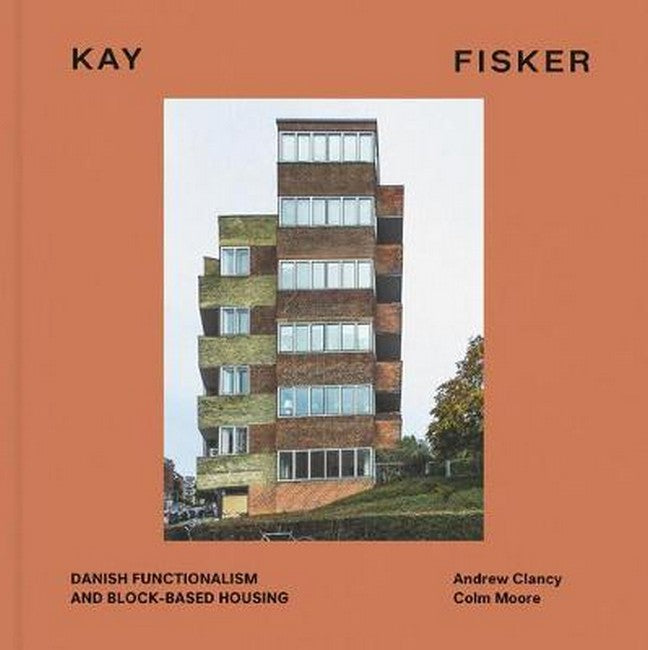This book is the first on the architecture of Kay Fisker (1893-1965), a leading exponent of Danish Functionalism. Influenced by Louis Sullivan, Fisker had a strong belief in continuity, putting modernism in perspective and identifying precedents. He built many large-scale housing schemes, mostly for non-profit workers' housing associations, and developed innovative and beautifully considered high-density, low-rise block schemes, which have proven useful and influential to the growing number of contemporary architects who have examined his designs.
Beautifully illustrated with photographs and architectural drawings, this book documents and critically analyses three of Kay Fisker's seminal housing projects in Copenhagen: Hornbaekhus (1923); Vestersohus (1935-39); and Dronningegarden (1943-58). These projects reflect how Fisker's work contains valuable lessons for contemporary architects in economy, precision and generosity in housing design. An introduction sets Fisker's work within their historical, social and architectural context. A final section includes in-depth case studies of the three award-winning contemporary architects: Tony Fretton, London; Clancy Moore, Dublin and Job Floris of Monadnock, Rotterdam. The architects explain their projects and how these have been influenced by Fisker.




